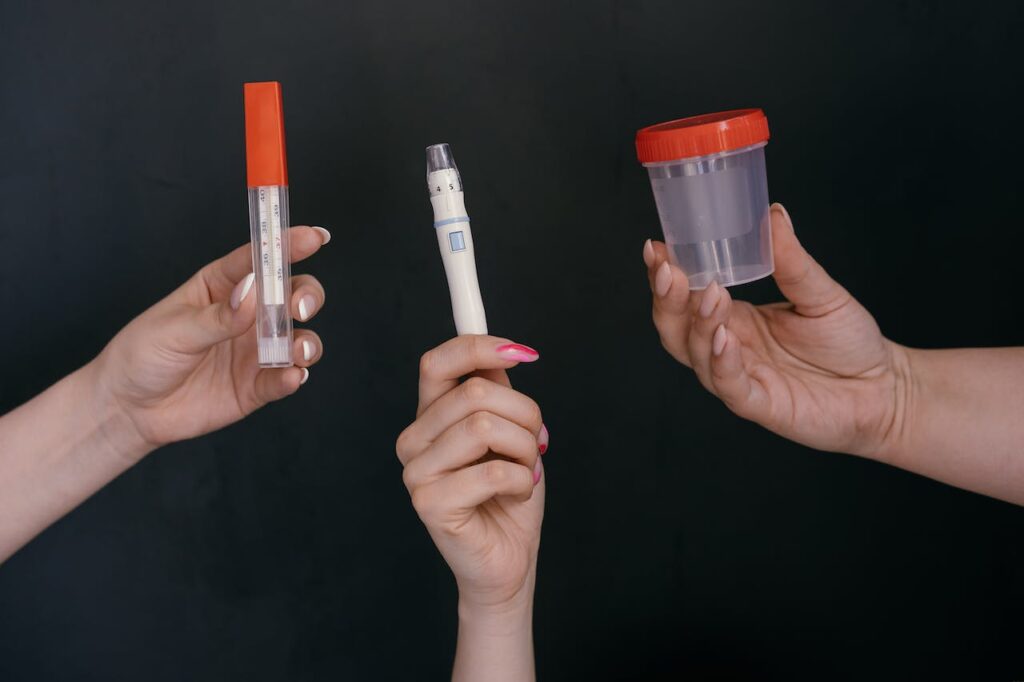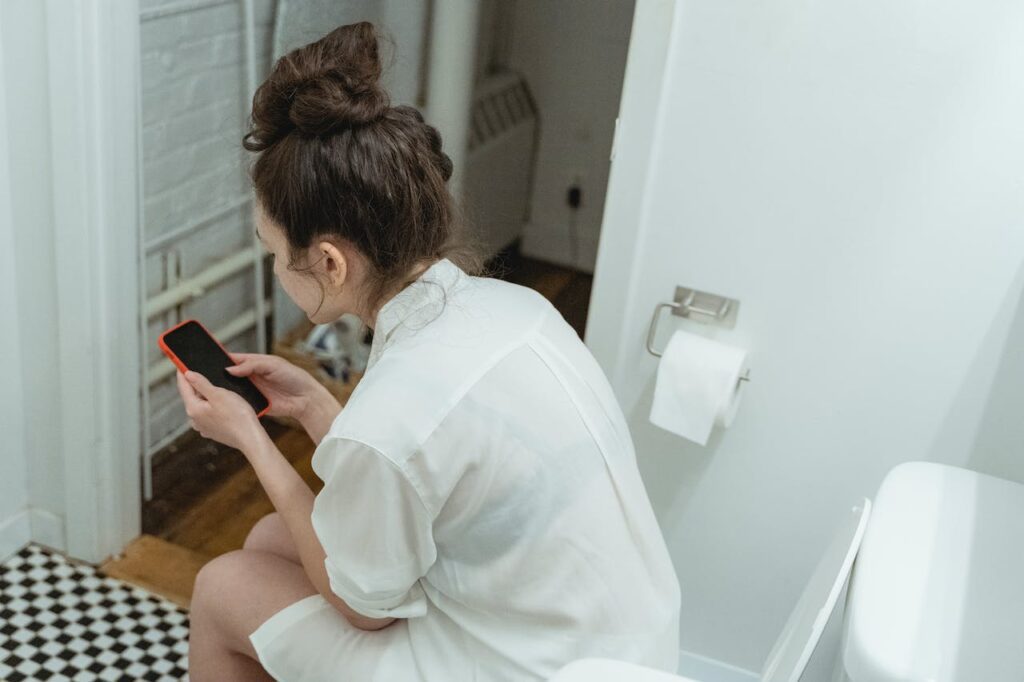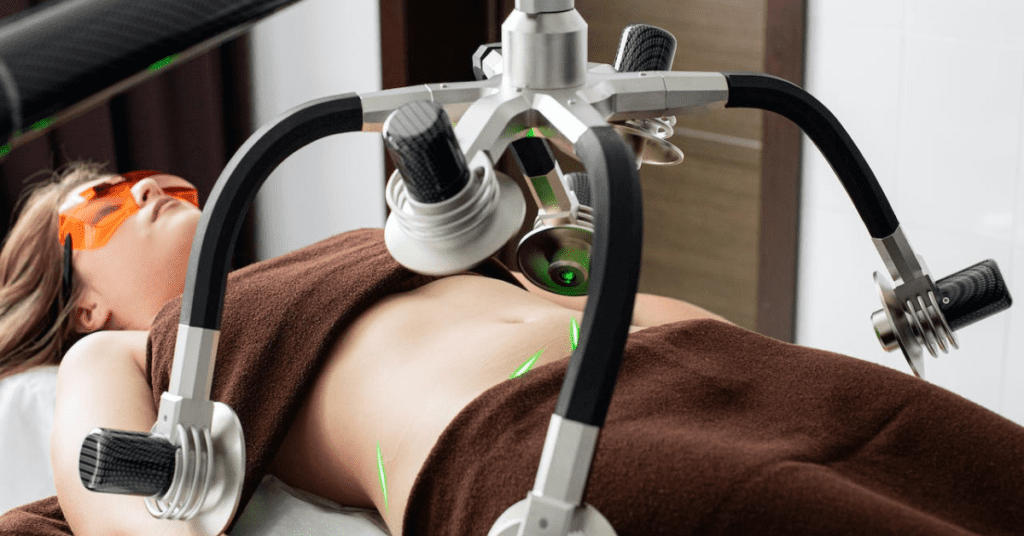Running back and forth to the bathroom dozens of times a day can be exhausting. However, what are the reasons for frequent urination in women? Is frequent urination in women actually a problem? Constant urination may be sending a message from your body.
Frequent urination can have various causes and may indicate an underlying issue. There are numerous reasons for frequent urination in women, and you can find one that matches your situation among these causes.

The normal capacity of the bladder ranges from 400 to 600 ml. A healthy person with a normal bladder usually urinates six to eight times a day. If you are experiencing a constant urge to urinate, you may be wondering about the reasons behind it. The causes of frequent urination in women vary from person to person.
Possible reasons for frequent urination in women include:
- Drinking more fluids than usual
- If you consume beverages with excessive caffeine, it could lead to frequent urination as caffeine acts as a diuretic. Coffee is also among the causes of frequent urination in women. Serious causes of frequent urination include:
- Bladder infection – Infection occurring in the bladder is known as cystitis.
- Bladder inflammation – It indicates irritation of the bladder wall without any signs of infection.
- Overactive bladder – Refers to the involuntary contraction of the bladder muscle.

Having an overactive bladder means that the nerves and muscles are excessively active during bladder contractions, leading you to the bathroom more frequently than usual. This can be one of the causes of frequent urination. In this case, you may feel the urge to go to the toilet even when your bladder is not full.
Frequent urination and urinary incontinence are among the causes of this bladder condition, resulting from damage to pelvic floor nerves or muscles.
Frequent urination in women is very common, and there are various reasons for it. If you are not familiar with the causes of frequent urination, you may be wondering whether your urination frequency is normal, especially during a period when drinking plenty of water is essential. Here are some guidelines to help you understand:
- You urinate more often than other women.
- If you find yourself urinating more than six to eight times a day, it means you urinate more than normal.
- It affects your sleep.
- If frequent urination prevents you from having a good night’s sleep, and you find yourself going to the bathroom more than twice a night, it’s advisable to consult a doctor.
- The urge to urinate is strong.
- In addition to the frequency of urination, having an overactive bladder often means that the urge to use the toilet is sudden and difficult to control, possibly accompanied by a small leakage of urine. This can be an uncomfortable situation.
Causes of Frequent Urination in Women: Apart from the mentioned situations, the following reasons may contribute to frequent urination:
- Injuries in areas such as the bladder, pelvis, and spine
- Neurological conditions like stroke and multiple sclerosis (MS)
- Excessive weight gain putting extra pressure on the bladder area
- Aging
- Chronic medical conditions directly affecting the immune system
- Diabetes
- Bladder stones
- Bladder cancer
- Kidney infection
- Kidney stones and kidney disorders
- Dehydration
- Anxiety and stress
The most common urinary condition in women includes the factors mentioned above. However, there can be different reasons for frequent urination. For example, other causes of frequent urination include:
- Consuming excessive amounts of caffeine, alcohol, nicotine, or artificial sweeteners that can irritate the bladder walls
- Interstitial cystitis

How to Prevent Frequent Urination in Women
While initially uncomfortable to discuss, talking to your female friends about frequent urination can provide relief and be a significant source of support. It is a treatable condition. By sharing your situation with them, you may realize that they have experienced a similar condition and that you are not alone.
In fact, frequent urination in women is more common than you might think! Sharing your situation with trusted individuals won’t harm you. At the very least, you’ll gain an ally for finding the nearest restroom during camping or picnics.
Besides friend support, there is a range of medications and treatments your doctor can recommend for your frequent urination issue. “How to prevent frequent urination” is a common question we encounter. Before answering this question, we would like to emphasize the importance of seeing a doctor.
The question “How to prevent frequent urination” can only be answered once we know the source of the problem. Although we may not provide a definitive answer to how to prevent frequent urination, we have compiled various suggestions to regulate your urination frequency. Solving frequent urination may require a specific solution. However, as mentioned before, a doctor’s examination is essential.
How to Alleviate Frequent Urination
The feeling of frequent urination can be a sign of an underlying health problem, so consulting a doctor is important.
The doctor can alleviate the problem of frequent urination by making an appropriate diagnosis and suggesting suitable treatment methods if necessary.
Drinking plenty of water is the best thing you can do before seeing a doctor.
If you have additional symptoms such as burning or discharge along with frequent urination, you should consult a doctor. In light of these indicators, a doctor’s recommended treatment will be correct for finding a definite solution to frequent urination.
Frequent Urination During Menstruation: Frequent urination during menstruation may result from hormonal changes. Uterine contractions and pressure can affect the bladder, leading to a feeling of frequent urination. This condition usually resolves on its own after the end of the menstrual period.
Constant Feeling of Having to Urinate: A constant feeling of having to urinate refers to a situation where the urge to urinate persists frequently and uncomfortably. This feeling usually occurs when the bladder is completely empty, creating a constant desire to go to the toilet.
Start a Bladder Diet: Cut down on caffeine, alcohol, spicy foods, fizzy drinks, or foods containing citrus. These are known bladder irritants that can exacerbate your condition. A bladder diet can be the solution to many underlying problems.
Establish a Routine: Bladder training can be a significant part of your treatment plan. Start visiting the toilet at regular intervals, whether you need to or not. Over time, try to increase the time between your toilet visits, training your bladder to hold urine for longer periods. Increase the amount of urine each time for success.
Consume Water! As intuitive as it may seem, drinking enough water provides real benefits for your overactive bladder. Limiting fluids makes your urine more concentrated, which can stimulate your bladder. So, fill up your water bottle and start drinking!
Pelvic Floor Exercises: You might know these exercises as Kegel exercises. These exercises are beneficial for strengthening the muscles around your bladder, allowing you to hold urine even when you feel the urge to urinate. Read more about the benefits of Kegel exercises.
Frequent Large Toilet Visits: Frequent large toilet visits are often caused by bowel mobility or digestive system-related issues. Lifestyle changes such as a high-fiber diet, regular exercise, and adequate water intake can alleviate this condition and support digestive system health.
Medications: Consult your doctor about whether taking a prescription medication to relax your bladder muscles is suitable for you.
Use Daily Protection: Specially designed bladder pads provide comfort and freshness for moments when you can’t go to the bathroom. Not all pads are the same. Some are designed specifically to manage urinary incontinence. Some women who are reluctant to purchase bladder pads due to embarrassment or other reasons use hygiene pads designed for menstruation to manage urinary incontinence.

